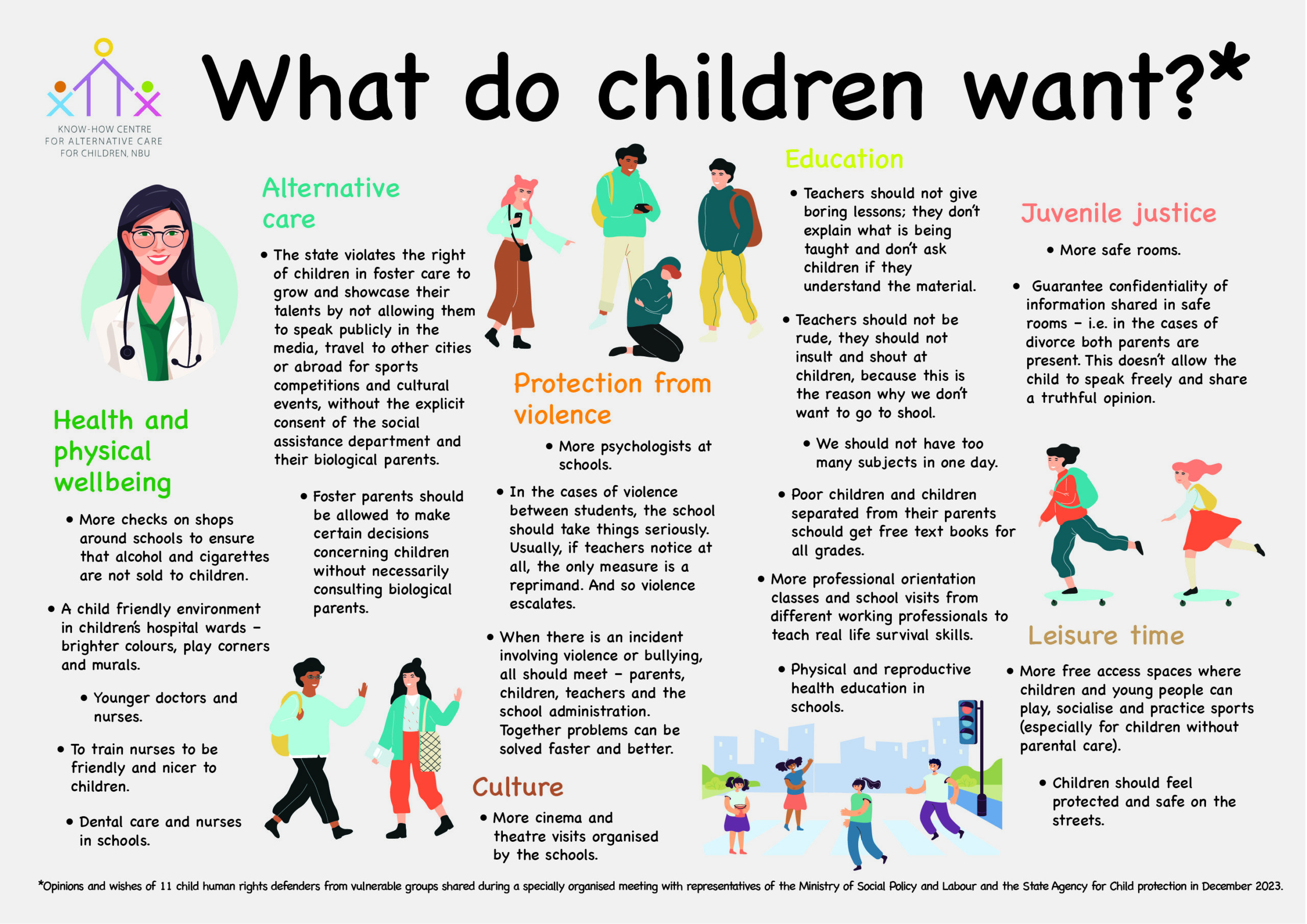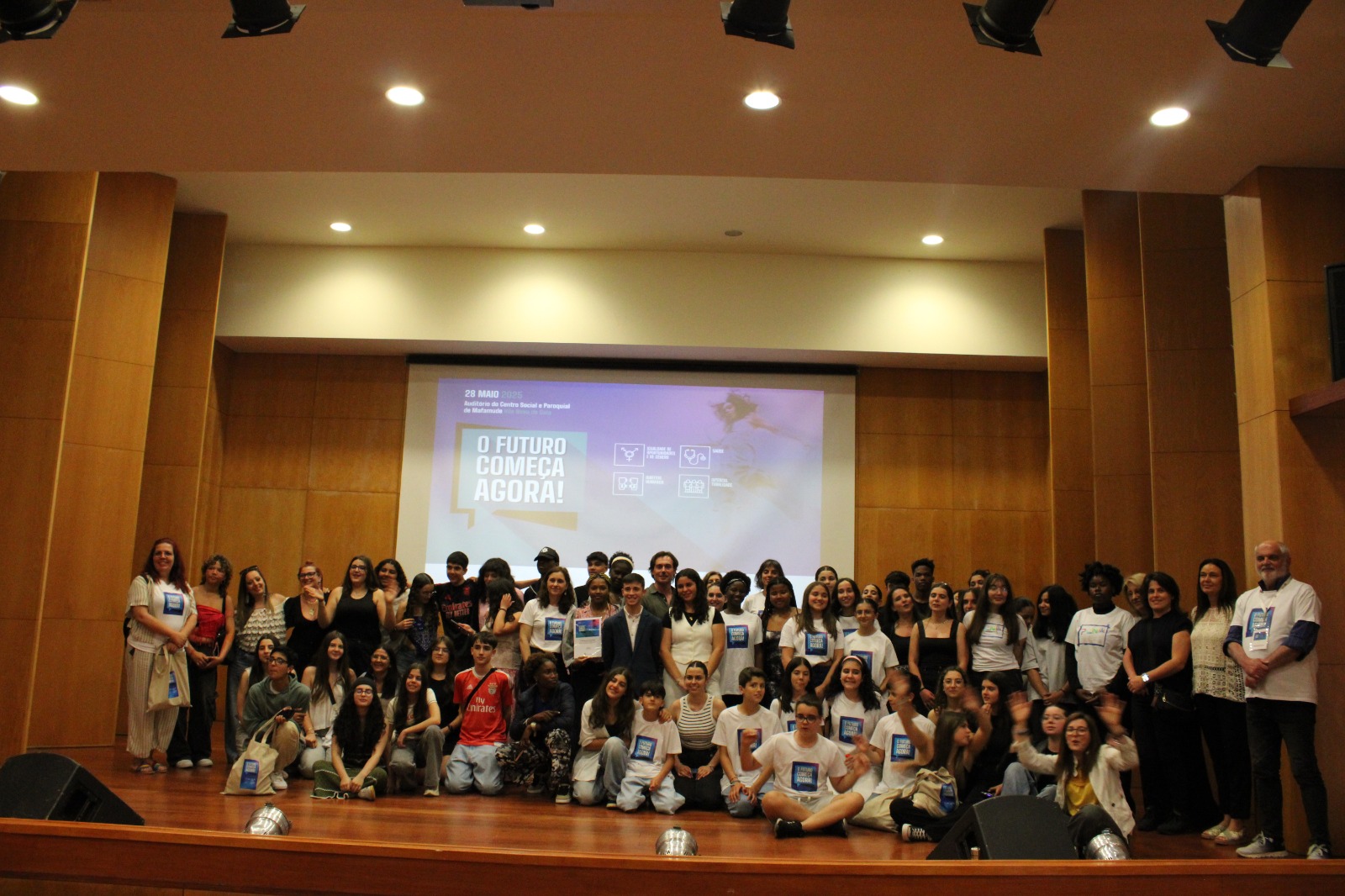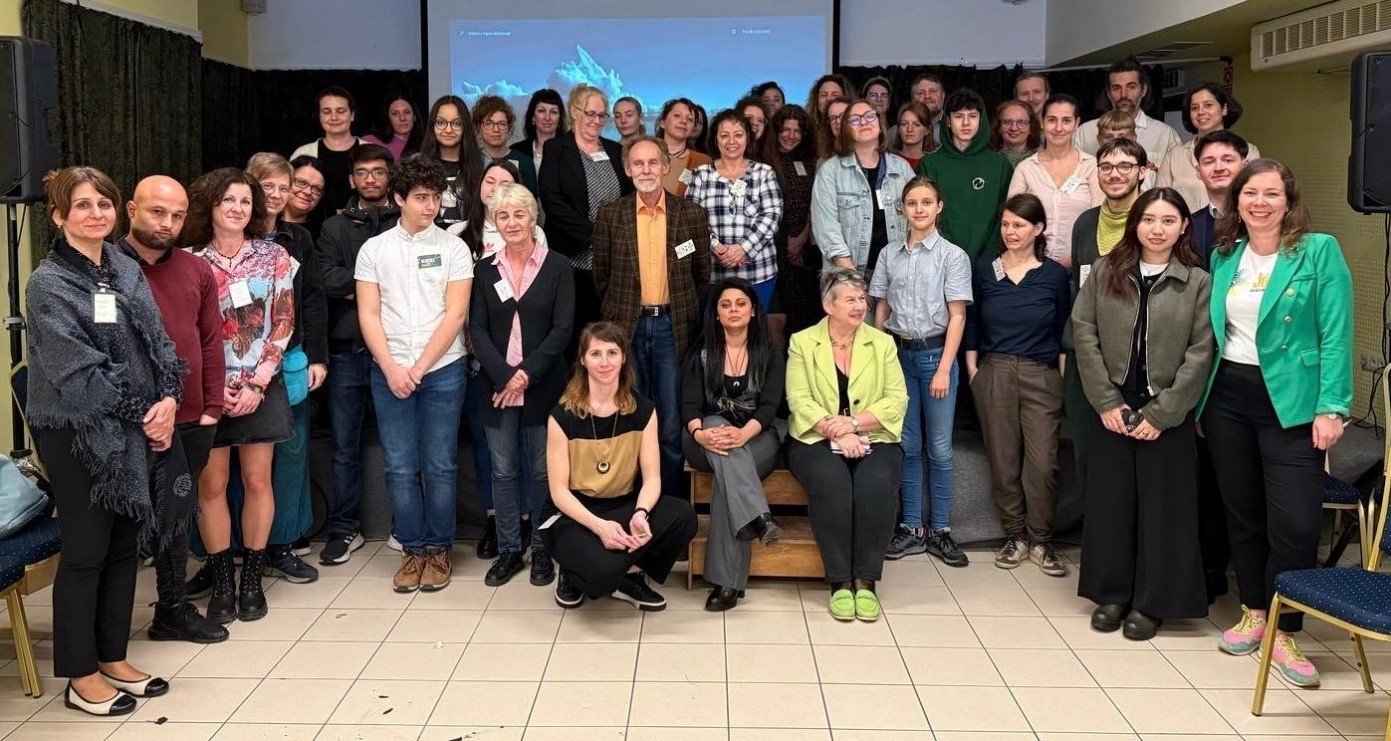What do vulnerable children in Bulgaria demand from the state?
Eurochild member Know-how Centre for Alternative Care for Children shares children's calls for better access to dental care, more cultural events at school, more effective response to violence and opportunities to freely express their talents.
In the second half of 2023, Bulgaria worked on a new strategic vision for children's policies with a 2030 horizon. The aim was to create the second National Strategy for Children in the country's history to account for all current issues in the field of children's well-being and to formulate corresponding goals that the state sets to achieve until the end of the period.
As part of a broad consultative process on defining the strategic objectives, a comprehensive research initiative called Voices of Children and their Families was launched by the state to gather information about the real needs of children and families. Children with different social profiles were invited to share their perspectives.
Child activists from vulnerable groups, supported by the Know-how Centre for Alternative Care for Children at New Bulgarian University, on their way to becoming active human rights defenders also responded to the initiative. These are children living in poverty, in isolated communities, separated from their families and placed in alternative care and/or attending segregated schools. Data from the Know-how Centre's national mapping of children's participation and activism in Bulgaria in 2022 has explicitly shown that the barriers to children from these groups participating in civic initiatives are significantly greater than for other children in the country, which is why the Centre's team started developing activities to particularly empower such children.
In December 2023, the Bulgarian institutions directly involved with child welfare organised a special event to meet 11 child rights defenders from vulnerable groups. The children spoke about what they consider important and which issues should become part of the national policies targeting all children in Bulgaria. They shared some of the difficulties they face related to their immediate surroundings and what opportunities they see to overcome these.
Here are some of the key concerns and ideas for solutions the young activists raise:
Health and Education
- Dental care and nurses in schools;
- More checks on shops around schools to ensure that alcohol and cigarettes are not sold to children;
- Reproductive health education in schools;
- Free textbooks for all grades for children from poor families or separated from their parents;
- Field visits and meetings with people from outside the school to talk about different professions and learn ‘real life’ skills.
Leisure and culture
- More visits to the theatre and cinema organized by the school (for children from vulnerable groups this is particularly important because they rarely get other opportunities to participate in cultural events, but they would like to do it more often);
- More spaces with free access for teenagers where they can play games and meet;
- More free opportunities for children from poor families and without parental care to practice sports;
- Improved safety on the streets to ensure less incidents that involve children.
Protection from violence and justice for children
- More psychologists in schools;
- When incidents occur, the schools should take appropriate action, not just punish everyone involved;
- In cases of violence the schools should initiate joint meetings of children, parents, teachers and school management because “when we are together problems are solved quicker and more sustainably”;
- More safe spaces in court proceedings in order to guarantee confidentiality of information shared by children.
Alternative care
- Children in foster care and residential care facilities should have the same opportunities as any other children to appear in the media, to play at public sports events throughout the country, to travel abroad for competitions and cultural events without needing official consent from the child protection authorities and their biological parents on every separate occasion, because gaining permissions is cumbersome and time-consuming.




